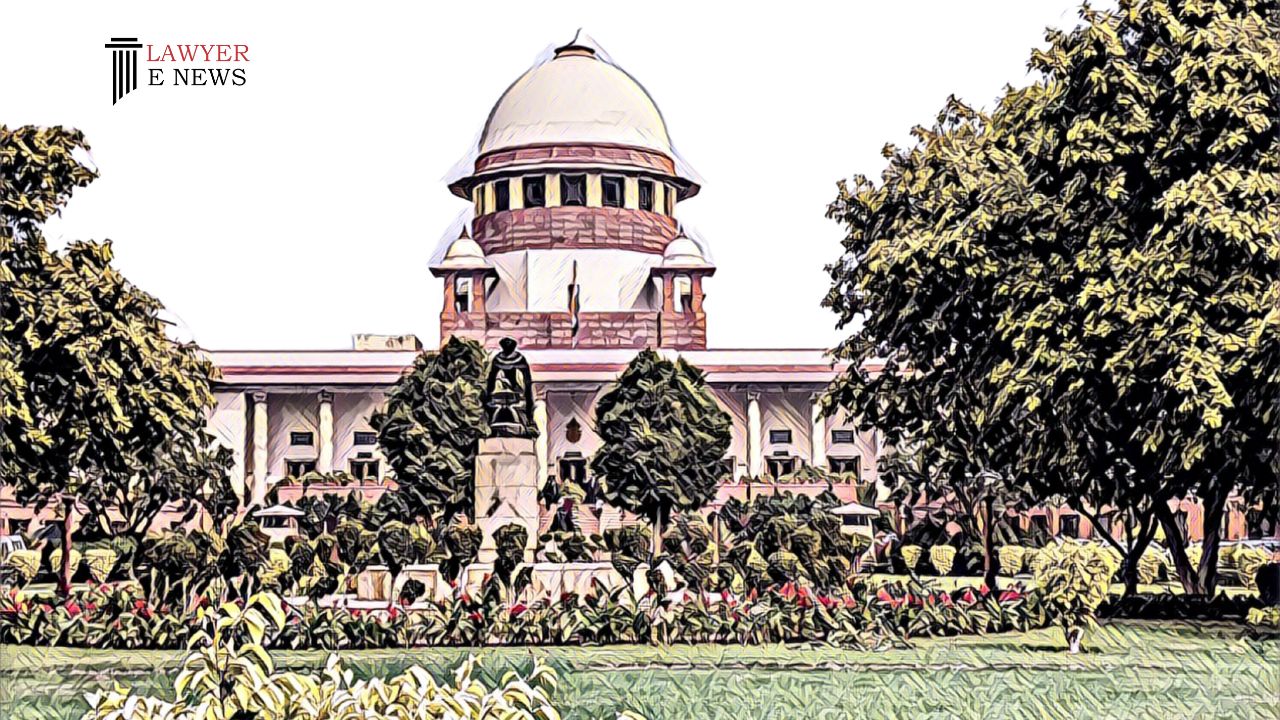-
by Admin
16 February 2026 1:47 PM



"There is nothing illegal about the exercise of delimitation/readjustment of the constituencies undertaken by the Delimitation Commission for the purposes of dividing the Union Territory into 90 constituencies on the basis of the 2011 census figures.", Supreme Court.
In a significant ruling, the Supreme Court of India has upheld the legality of the delimitation exercise conducted in the Union Territory of Jammu and Kashmir. The judgment, delivered by a bench comprising Justices Sanjay Kishan Kaul and Abhay S. Oka, affirms the constitutional validity of the delimitation process and dismisses challenges to the appointment of the Delimitation Commission.
Quoting the judgment, the headline reads: "Nothing illegal about the exercise of delimitation/readjustment of constituencies undertaken by the Delimitation Commission."
The court addressed various key issues related to the delimitation exercise in Jammu and Kashmir. It affirmed that the increase in the number of seats in the Legislative Assembly from 107 to 114, as mandated by the J&K Reorganisation Act, was not in violation of the Constitution. The court clarified that the delimitation process was necessary to give effect to the increase in seats, and the exclusion of 24 seats from Pakistan occupied areas was a valid action.
Regarding the legality of the appointment of the Delimitation Commission, the court found that the notification issued on 6th March 2020 was within the scope of the Delimitation Act, 2002. It stated, "There is no illegality associated with the establishment of the Delimitation Commission under the impugned Order dated 6th March 2020."
The court also addressed the exclusion of certain North-Eastern states from the delimitation exercise, stating that their different circumstances and provisions in the J&K Reorganisation Act justified their exclusion. It held that the provision in the Act, which substituted the year 2001 with 2011 for delimitation based on census figures, did not violate any constitutional provisions.
The judgment further highlighted that the draft order of delimitation was already issued and the final order was published, which the petitioners did not challenge. The court emphasized that the orders passed by the Delimitation Commission have the force of law and cannot be questioned in any court.
The Supreme Court's decision affirms the legality of the delimitation exercise in Jammu and Kashmir, bringing clarity and closure to the contentious issue. The judgment has far-reaching implications for the representation and electoral process in the Union Territory, ensuring fair and effective political representation for the people of Jammu and Kashmir.
Date of Decision: February 13, 2023
Haji Abdul Gani Khan & Anr. vs Union of India & Ors.
